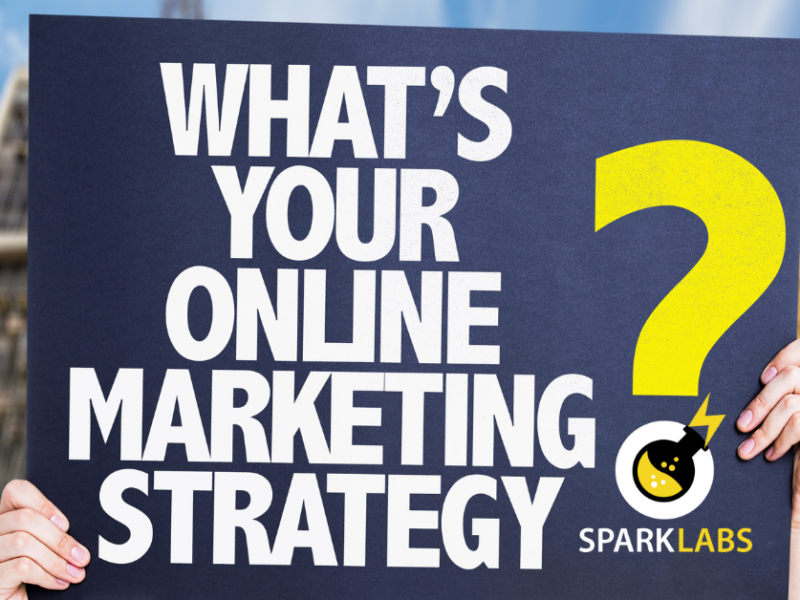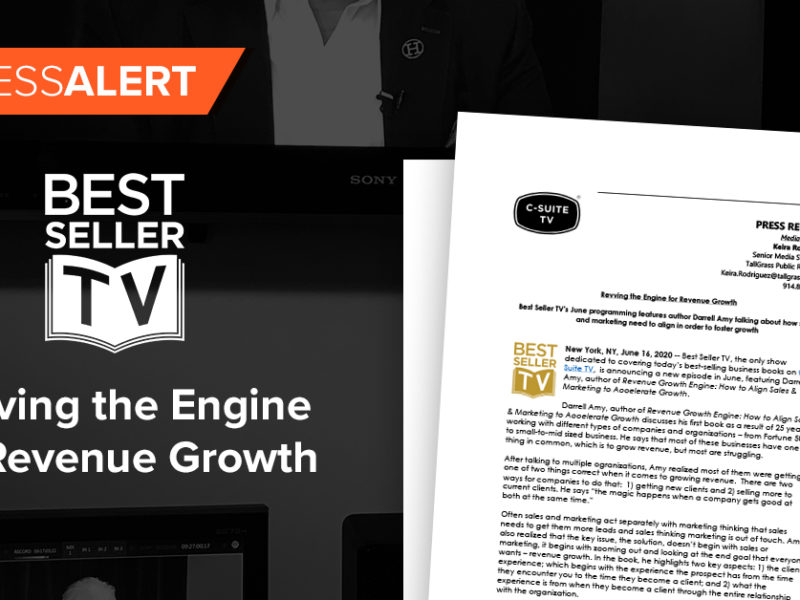
What Are The 7 Great Things About Loyal Customers?
What Are The 7 Great Things About Loyal Customers? https://csuiteold.c-suitenetwork.com/wp-content/uploads/2014/05/customer1.jpg 446 385 C-Suite Network https://csuiteold.c-suitenetwork.com/wp-content/uploads/2014/05/customer1.jpgby Rik Walters
Your marketing organization works hard to increase customers, and keeping those customers loyal can drive top-line revenue growth. In today’s Age of The Customer, existing customers cost less to reach, to continue to sell and are less vulnerable to marketing initiatives from the competition while buying more over the longterm.
According to Frederick Reichheld of Bain & Company, and author of The Loyalty Effect, the economics of customer retention is clear. Longterm customer spending tends to accelerate over time, as they become more efficient users of the products and services they purchase. Also, longterm customers have lower operational costs; longterm satisfied customers provide more referrals, and longer-term customers are less price-sensitive than newer customers.
The end result is that the overall value of a customer increases the longer that customer remains a customer. The bottom line of Bain & Company’s research? Increasing customer retention rates by 5 percent grows profits by up to 95 percent! To add to that, 80 percent of a company’s future revenue will come from just 20 percent of its existing customers.
Here are 7 great things about longterm customers:
- They are less inclined to switch to similar products or services
Your customers are four times more likely to stay away from competitors if they have a positive customer experience with your brand. This is especially important in retail business, where customer retention programs are invaluable to encourage repeat customer sales. - They tend to be less price sensitive
According to report at Loyalty360.com, price-sensitive consumers can be loyal, high-spending shoppers and active brand advocates. What’s more, very price-sensitive shoppers within CRM programs spend 14 percent more than the average retained shopper and are 36 percent less likely to leave the brand. - They initiate free word-of-mouth promotions and referrals
One of the most important aspects of existing customers is their ability to evangelize our brands and help us attain new customers through word of mouth. Word of mouth is a powerful thing, with VIP and loyalty program members 70 percent more likely to spread the word about your business. So, why are customer referrals so important? Because they are from a credible third-party that has experienced the firsthand benefits of doing business with your company. - They are more likely to purchase high-margin ancillary or supplemental products
Loyal customers tend to be satisfied with their relationship with the company, making competitor market entry or share more difficult. What are you doing to get other products in front of your existing customers and encourage customer up-sell? Retained customers mean more profit in your organization. Understanding the reasons behind that fact can help provide your business with guidance on methods to maximize retention and profitability. - They are generally less expensive to service
Loyal customers are usually less expensive to service because they are familiar with the company and process, require less “education” when ordering and are fairly consistent with their order placement. Additionally, it costs up to seven times more to acquire a new customer than to retain an existing customer. Clearly, no matter what type business you’ve built, your key to longterm success is a repeat and loyal customer. - They make employees’ jobs easier and more satisfying, creating happier employees, feeding back into higher customer satisfaction in a virtuous circle
Customer loyalty is also a reflection of happy, satisfied employees. In this highly competitive marketplace for both employees and customers, it is critical that organizations cultivate a satisfied and engaged workforce. In return, businesses profit from markedly higher customer satisfaction and loyalty for greater returns on investment.
Customers for Life
Engendering and enhancing customer loyalty should be a core objective of your organization’s customer loyalty marketing. Your organization must invest in people — both your customers and your employees — to achieve and succeed at customer loyalty.
In this highly competitive Age of The Customer, customer loyalty programs are a must to drive revenue, grow your organization and stay ahead of the competition. Your company’s focus on customers first will effectively drive customer loyalty while engaging customers on an emotional and intellectual level. When customers are appreciated by a brand, they become advocates for that brand’s products or services before, during and after the first sale — which will make them customers for life!
How will you engage your customers to retain loyalty? Let me know your thoughts and continue the conversation on Twitter @RikWalters.
 Rik Walters is a digital and social media marketing adviser. He focuses on leading digital and social media marketing strategies for high-growth companies, setting a strategic course of brand content (social media/blogs), positioning and architecture.
Rik Walters is a digital and social media marketing adviser. He focuses on leading digital and social media marketing strategies for high-growth companies, setting a strategic course of brand content (social media/blogs), positioning and architecture.
Follow him on Twitter @RikWalters and LinkedIn.





